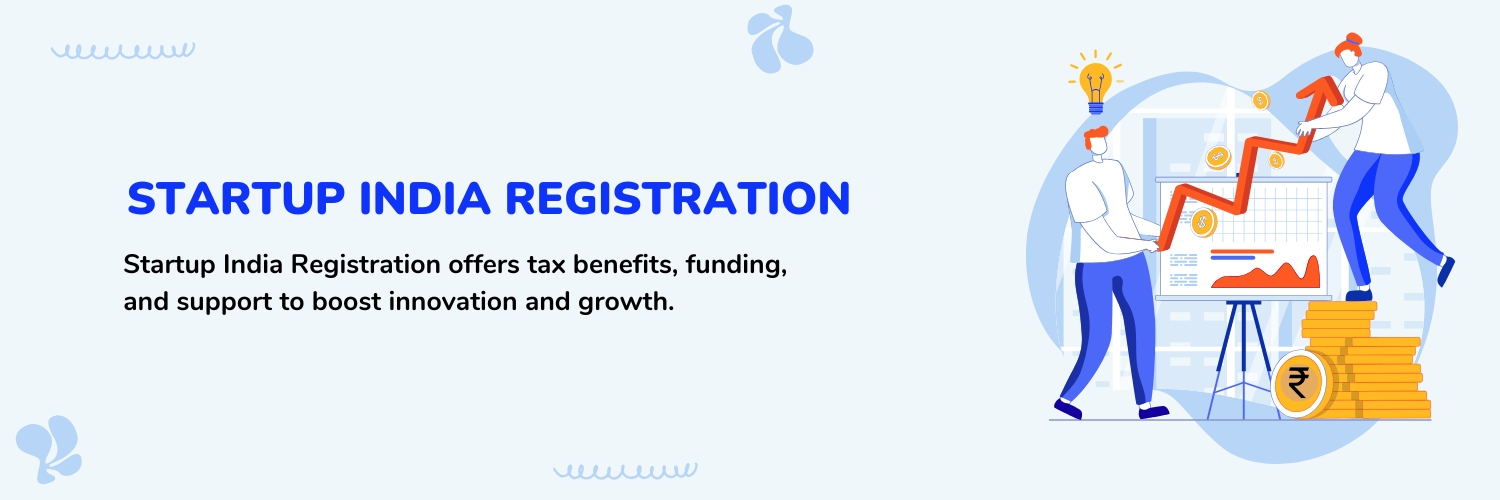 Zapier Automation – Automate Publishing. Free Your Time!
Zapier Automation – Automate Publishing. Free Your Time!
Future-Proof Your Business with OPC: Smart Move for 2025
Written by Himali Atoliya » Updated on: July 03rd, 2025

In the fast-paced and ever-evolving business circumstances, entrepreneurs must choose business structures that not only meet current needs but also anticipate future demands. As 2025 approaches, one structure stands out for solo founders and small business owners: the One Person Company (OPC). With benefits spanning from limited liability to professional credibility, OPC registration in India is becoming a go-to choice for future-focused entrepreneurs.
A one-person company registration is a powerful blend of the advantages of a sole proprietorship and a private limited company. It enables a single individual to enjoy corporate benefits without the complexities of a partnership or a large-scale company. As businesses look to establish resilience, efficiency, and scalability, OPC company registration serves as the ideal platform to launch and grow with confidence.
Understanding One Person Company in India
Introduced under the Companies Act, 2013, the One Person Company is a private company structure designed for a single individual. It provides the owner with complete control over the company while maintaining a separate legal identity. This means the OPC can own property, sue or be sued in its own name, and continue existing even in the event of the owner's death or incapacitation.
The concept was developed to encourage entrepreneurship, especially for those who wanted to start a company without involving multiple shareholders. With simpler compliance and governance mechanisms compared to other entities, OPC registration in India is an attractive model for startups, consultants, freelancers, and digital entrepreneurs.
Why OPC is the Smart Move in 2025
As India’s startup ecosystem matures and the government continues to promote ease of doing business, 2025 is shaping up to be a year where formalization will play a crucial role. Entrepreneurs looking to stay ahead should consider the OPC model for several strategic reasons.
First, the business world is rapidly shifting toward credibility and accountability. Clients and partners prefer dealing with registered companies, and OPC registration lends legitimacy to your venture. It enhances trust, especially when applying for loans, attracting investors, or bidding for contracts.
Second, limited liability protects your personal assets in case of business losses, a safety net not available to sole proprietorships. With economic uncertainties and digital business models becoming dominant, risk mitigation is more critical than ever.
Third, tax optimization becomes easier. An OPC is taxed as a private limited company, which means the owner can avail themselves of deductions, benefits, and structured salary options to reduce tax burdens strategically.
Seamless OPC Registration Process
The Indian government has simplified the OPC registration process with the SPICe+ portal, a single-window system for incorporation. The entire process can be completed online, reducing paperwork and delays.
To begin, the individual needs a Digital Signature Certificate (DSC) and a Director Identification Number (DIN). Next, a unique name is reserved, followed by drafting the Memorandum of Association (MOA) and Articles of Association (AOA). These are submitted via the SPICe+ form along with identification and address proofs. Once the Registrar of Companies (ROC) approves, the Certificate of Incorporation is issued, marking the birth of the company.
OPC registration in India is not only accessible but also cost-effective. Government fees, professional charges, and document notarization typically fall within a reasonable range, making it an affordable option for aspiring entrepreneurs.
Integrating GST Registration for Financial Compliance
Once the OPC is operational, ensuring tax compliance is the next step. If the business crosses the annual turnover threshold of ₹40 lakhs (₹20 lakhs in some states) or engages in inter-state commerce, GST Registration becomes mandatory. This registration facilitates tax credit input, allows participation in e-commerce, and builds trust among corporate clients.
For businesses dealing with goods or services, GST registration is crucial for invoicing and maintaining transparency in transactions. It also allows for smoother compliance and audit trails, which are essential as businesses scale.
LLP Registration: A Step Forward for Partnerships
While OPC is ideal for solo ventures, growth may bring the need for partners or investors. In such cases, entrepreneurs might consider LLP registration. A Limited Liability Partnership (LLP) combines the benefits of a partnership and a private limited company, offering flexible management structures and limited liability to all partners.
An entrepreneur can convert an OPC into an LLP when collaboration becomes necessary. This transition supports business evolution without losing the benefits of formal registration and limited liability.
Subsidiary Company Registration: Global Business Horizons
With globalization at its peak, Indian businesses are increasingly looking to operate internationally. In such scenarios, Subsidiary Company Registration allows entrepreneurs to create a legal business arm in India or abroad.
Foreign businesses can also set up wholly-owned subsidiaries in India, and OPCs aiming to attract foreign direct investment (FDI) may need to evolve into private limited structures. This shift opens doors to international capital, markets, and partnerships, making the OPC a steppingstone to global growth.
GEM Registration: Access to Government Contracts
For many small businesses, getting a foothold in government procurement can be game-changing. The Government e-Marketplace (GEM) provides this opportunity. Through GEM Registration, OPCs can list their products and services and participate in tenders floated by various government departments.
This platform not only ensures regular and substantial business but also offers timely payments and credibility. GEM registration can be done online, and once approved, the OPC can start bidding for relevant contracts, thus expanding its market reach.
Legal and Compliance Requirements for OPCs
One of the core strengths of the one-person company model is its simplified compliance structure. However, there are still statutory obligations to meet. These include annual filing with the Ministry of Corporate Affairs, maintaining proper books of accounts, conducting board meetings (even if just one director), and adhering to income tax laws.
Staying compliant protects the company from penalties and ensures smooth operations. Engaging a professional company secretary or chartered accountant is advisable to keep track of filing deadlines and changes in laws.
The Digital India Advantage
India’s digital push has transformed how businesses operate. Online incorporation, digital signatures, cloud accounting, and digital payment infrastructure have made it easier than ever to manage a business remotely. For OPCs, this digital infrastructure provides the perfect ecosystem to start leaning and grow fast.
In 2025, as more processes move online and the government promotes digital documentation and e-governance, the OPC registration route will continue to gain traction. Entrepreneurs who adopt this model early stand to benefit from regulatory clarity and government incentives.
Final Thoughts
The One Person Company structure offers a dynamic foundation for modern businesses. Whether you're a first-time founder, a solo consultant, or a digital entrepreneur, OPC registration in India provides the legal protection, credibility, and growth potential you need.
As India progresses toward becoming a $5 trillion economy, the importance of formal, scalable, and future-ready business structures cannot be overstated. From GST Registration to GEM participation, from LLP transformation to subsidiary expansion, the OPC model lays the groundwork for a truly versatile and robust business journey.
Looking ahead, 2025 is the perfect time to embrace this model and future-proof your business. The simplicity, legal security, and growth opportunities offered by the OPC structure make it not just a smart choice—but the smartest one.
Note: IndiBlogHub features both user-submitted and editorial content. We do not verify third-party contributions. Read our Disclaimer and Privacy Policyfor details.
Copyright © 2019-2025 IndiBlogHub.com. All rights reserved. Hosted on DigitalOcean for fast, reliable performance.
















